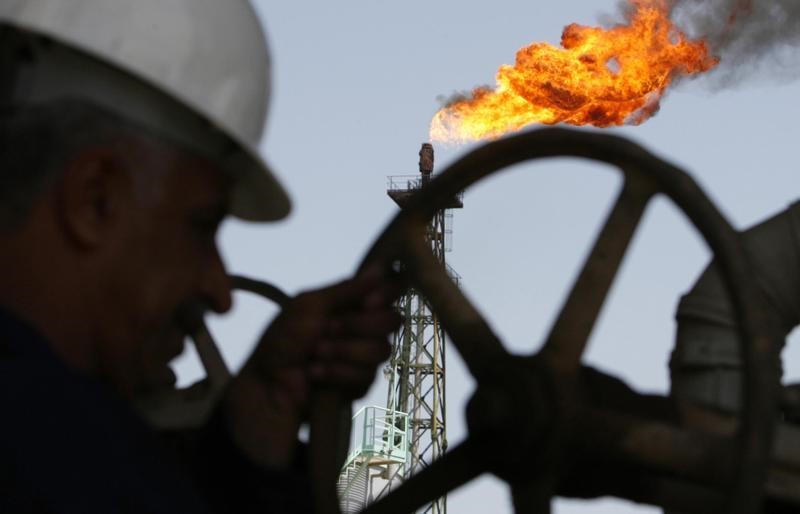Oil prices wrap up positive week with focus on OPEC+ meeting; weekly losses on tap
Oil prices slipped Friday, but settled higher for the week as investors monitored developments regarding OPEC's production strategy following a four-day postponement of a critical virtual meeting.
Crude was battered by the announcement of a ceasefire between Israel and Lebanese militant group Hezbollah, although whether the truce will hold still remained to be seen.
Heightened tensions between Russia and Ukraine- following a debilitating series of strikes against Kyiv- provided limited support to crude, while overall trading volumes were limited on account of the U.S. Thanksgiving holiday.
Brent oil futures expiring in January fell 0.6% to $72.28 a barrel, while West Texas Intermediate crude futures fell 0.3% to $68.51 a barrel by 1:20 ET (1820 GMT). OPEC+ meeting awaited for more production cues
The Organization of Petroleum Exporting Countries and allies, including Russia (OPEC+), is set to meet next week. The meeting was postponed to December 5 from December 1, reports said, and is expected to be a virtual meeting.
Other reports showed that the cartel is likely to further push back plans to begin increasing production during the December meeting, amid sustained weakness in oil prices.
Slowing demand in top importer China has been a major point of concern for the OPEC+, with the cartel also steadily cutting its outlook for oil demand in the coming year. Oil heads for weekly losses on Israel ceasefire
Brent and WTI prices were trading down around 3% each this week, as traders priced in a smaller risk premium after Israel and Hezbollah agreed to a ceasefire.
The ceasefire presents fewer risks of oil supply disruptions in the Middle East, although Israel has still kept up its offensive in Gaza.
Israel and Hezbollah also accused each other of violating the ceasefire deal on Thursday, raising some doubts over how long the truce will hold.
The ceasefire was brokered by the U.S. and France, with the Biden administration also seen pushing for a truce in Gaza before Donald Trump takes office in January.
Elsewhere, tensions between Russia and Ukraine remained high after Russia carried out a slew of debilitating attacks against Ukraine, targeting the country’s power grid.
(Ambar Warrick contributed to this article)
Source: Investing.com
